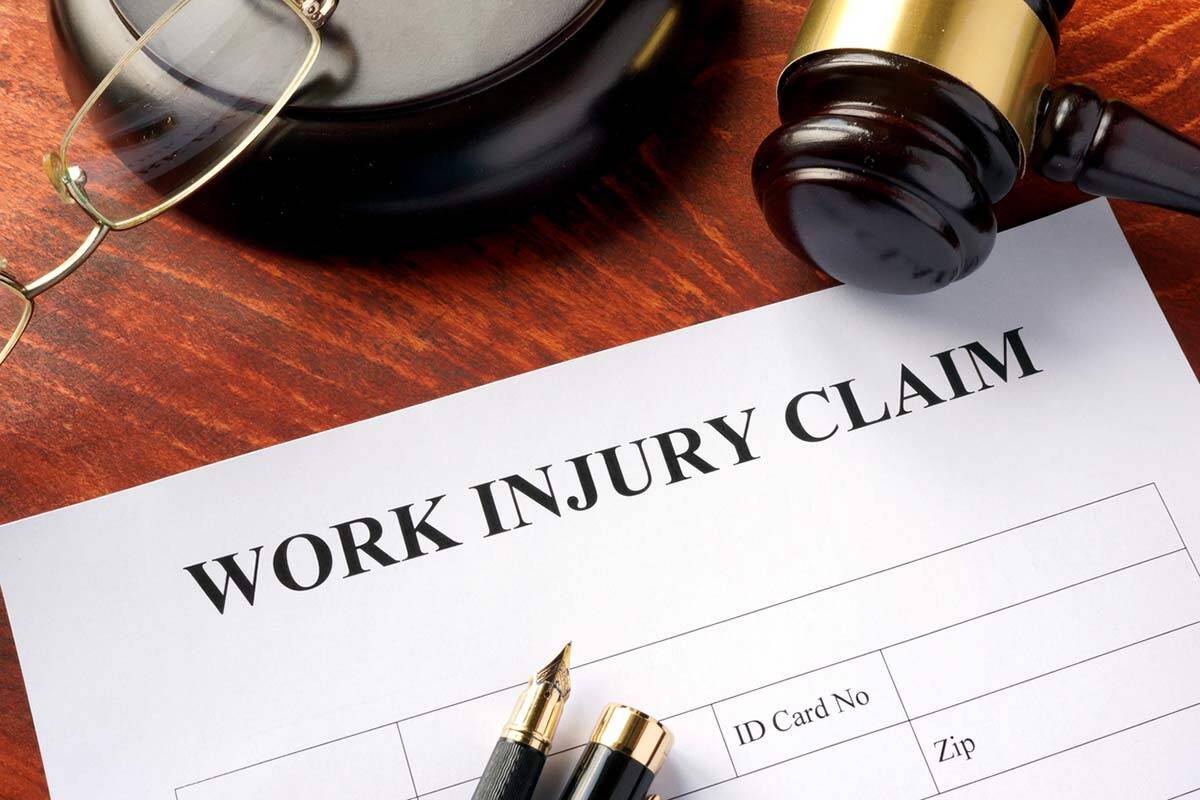What is PTSD?
Post-Traumatic Stress Disorder (PTSD) is a mental issue that is faced by people who witness or take part in an exceptionally traumatic event. Numerous clues and symptoms characterize PTSD, but the most common are nightmares, unwanted memories, heightened reactions, depression, and anxiety. PTSD describes episodes that are recurring.
Possible Causes
Traumatic events cause PTSD. The typical case is a soldier who took part in a war, but other professions produce these types of events too. Some examples are an EMT being called to a horrific crime scene, a police officer failing to rectify a hostage situation, and a school teacher seeing a student die in a school shooting.
Can I Get Workers’ Compensation For it?
The short answer to this question is “yes.” That being said, your case may not be easy. You’ll need to prove that your disorder is real and that it is significantly affecting your life. If you can, then you may be deemed eligible for workers compensation benefits.
Proving PTSD
To get benefits, you will need to prove three things. First, that you have PTSD. The best way to do this is by talking to a mental health professional. They will assess your mental state, diagnose you, and put you on a treatment plan. Second, you need to prove that it is a result of your employment. This should not be difficult, as there will likely be a record of the event. Lastly, you need to prove that your PTSD has negatively impacted you significantly.
Benefits You Can Receive
One area that you can target is recovering treatment costs. The mental health industry is not cheap, and you may incur significant costs while treating your disorder. Another is lost wages. Your PTSD may inhibit your ability to do your job effectively. If this is the case, you can recover benefits to counteract that effect.
If you develop a case of PTSD from a work-related event, you will need to get medical treatment to help manage it. Fortunately, you may not have to pay for this assistance on your own. Instead, you might have a valid workers’ compensation claim. To explore this option, speak with an experienced St. Louis workers comp attorney as soon as possible. Call us 24/7 at (314) 361-4300 for a FREE Case Evaluation.

